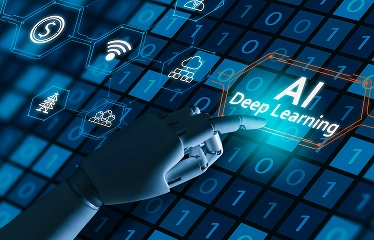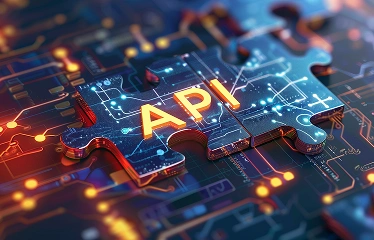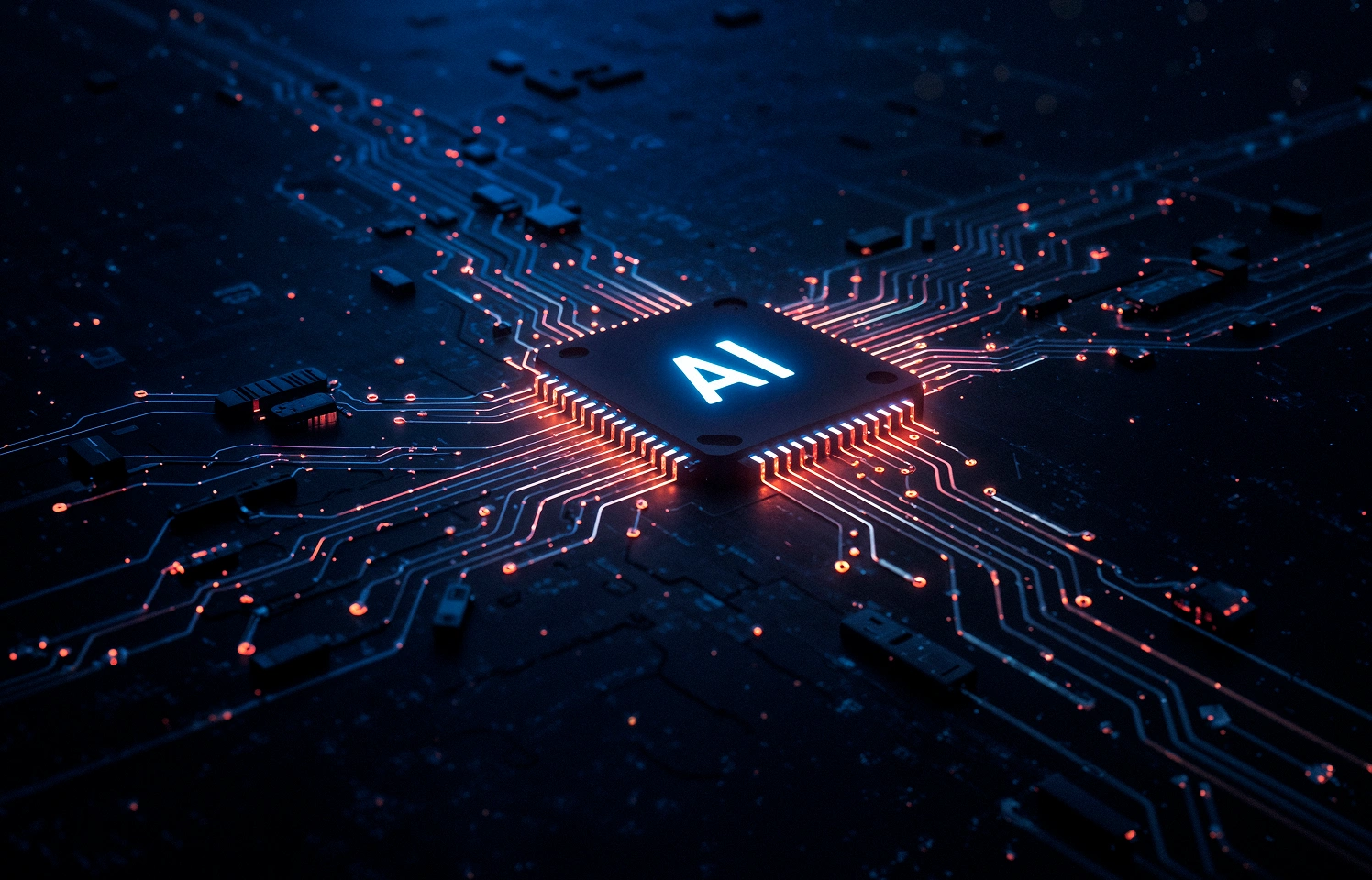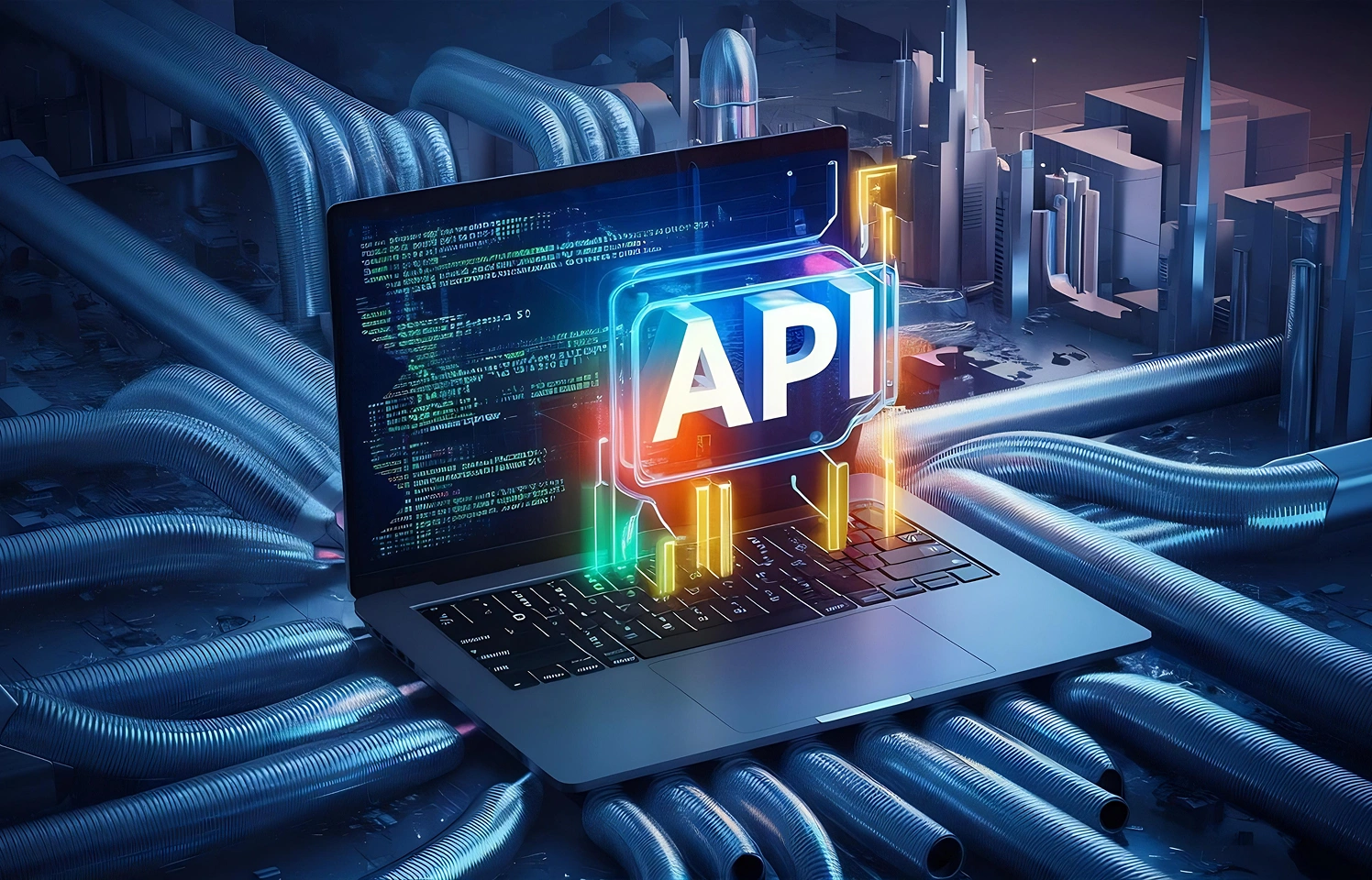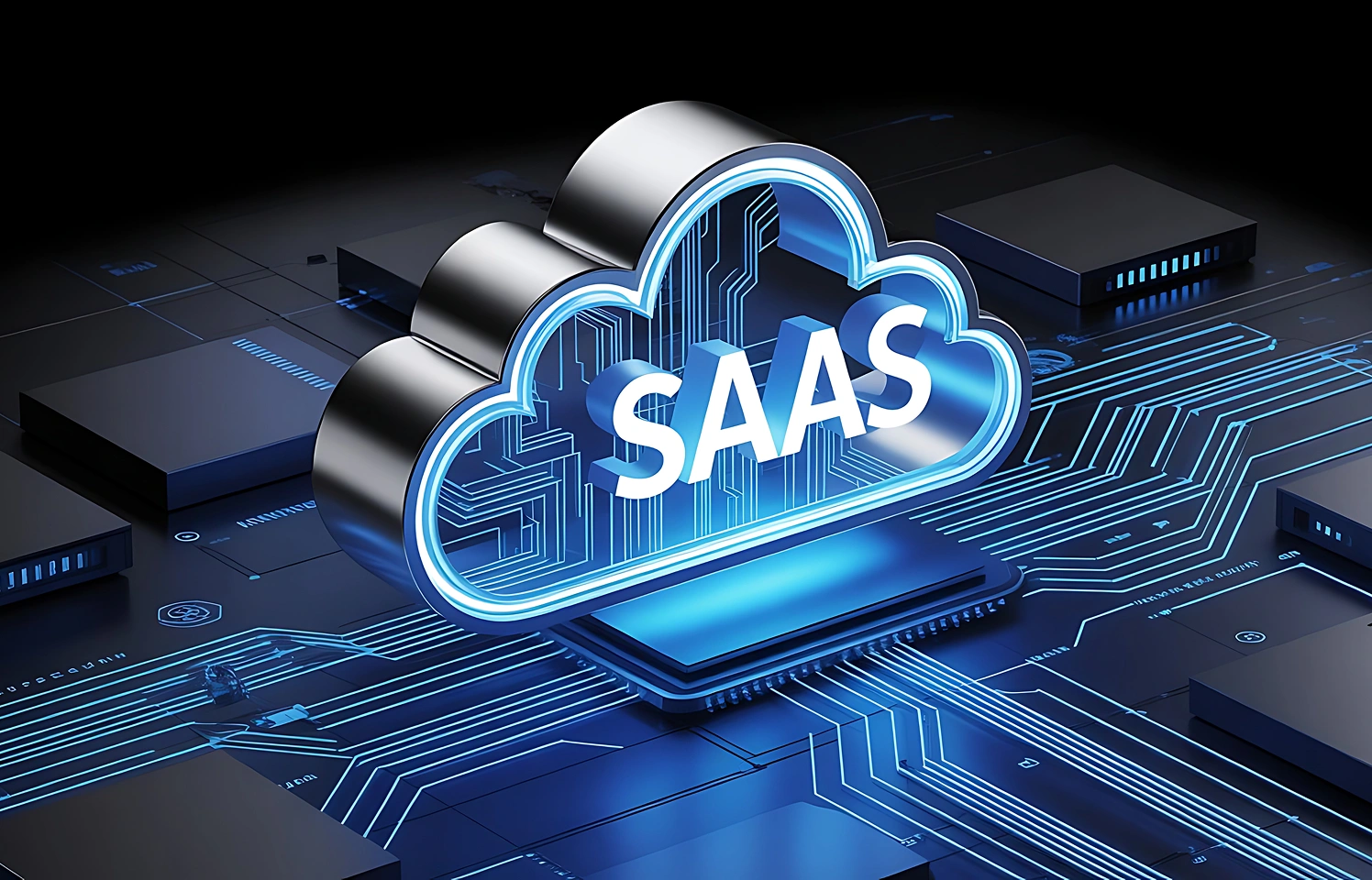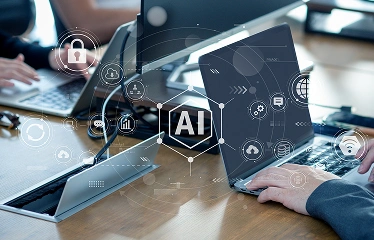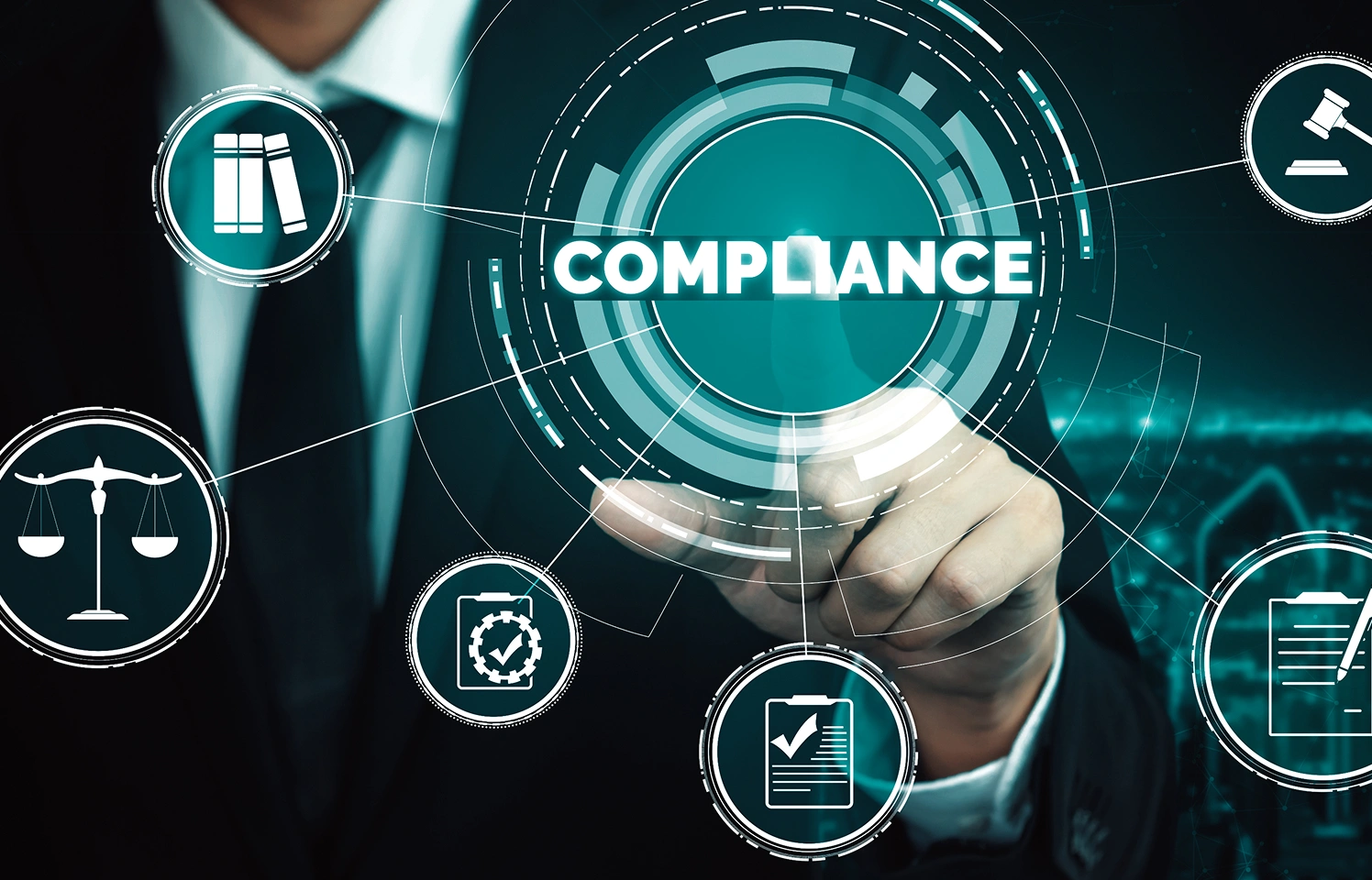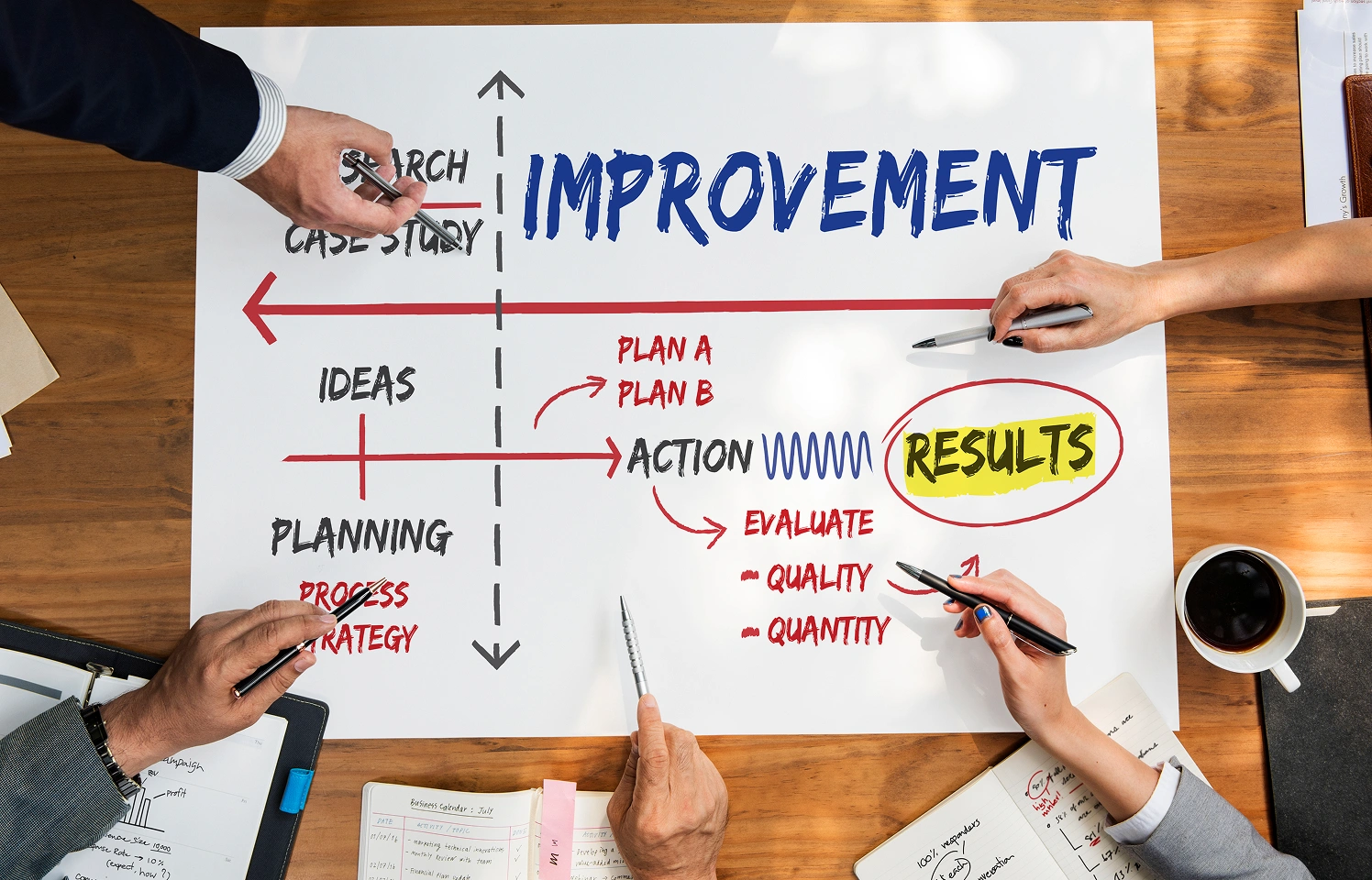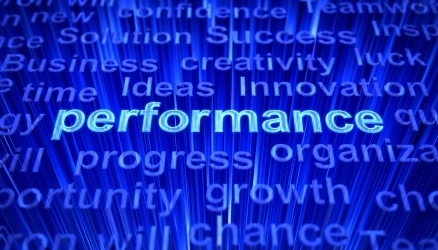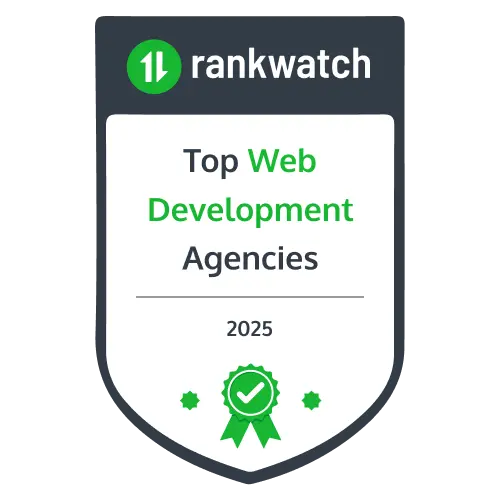By: Nilesh Jain
|
Published on: September 23, 2025
Introduction: The Challenge of Scaling AI in UAE
Companies across the UAE are investing aggressively in AI. The UAE Strategy for Artificial
Intelligence 2031 demonstrates that the government sees AI as a bedrock for future
competitiveness. Yet many organizations stall after pilot models; they lack the maturity, tools,
and processes to operationalize AI reliably.
Without a robust DevOps-for-AI (MLOps) framework, models degrade, deployment becomes fragile,
and teams burn cycles on manual fixes. For UAE enterprises in finance, smart government,
logistics, healthcare, or energy, the risk is too high. You need model pipelines that train
continuously, deploy safely, monitor drift, and scale across cloud or hybrid infrastructure.
This is where Vervali steps in. We help UAE organizations build AI CI/CD
pipelines, continuous training, observability, and automation at scale. Here’s
how.
What It Means: Definitions & Deep Dive
DevOps for AI / MLOps Defined
DevOps for AI (often called MLOps) refers to applying DevOps principles, automation, versioning,
testing, and monitoring to the lifecycle of machine learning models: from data ingestion,
feature engineering, training, validation, deployment, to inference and retraining. It bridges
the gap between data science experiments and production-grade AI.
A strong reference design (e.g., from Red Hat) frames MLOps as a combination of organizational
practices, workflow orchestration, and infrastructural tooling.
Key Pillars
- Continuous Training (CT): Models retrain on fresh data automatically or on
schedule.
- CI/CD for Models: Everything from code, data, model weights, to metadata
must move through reliable, automated pipelines.
- Model Versioning & Artifact Management: Keep track of data versions,
model versions, and dependencies.
- Observability & Monitoring: Detect drift, bias, and performance
regression in real time.
- Governance & Compliance: Logging, auditing, explainability, and access
control.
- Scalability & Infrastructure: Containerization, orchestration,
autoscaling, edge deployment.
Google’s architecture guidance on MLOps emphasizes how CI, CD, and CT together maintain
throughput and reliability.
Best practices from engineers include putting everything under version control (data, model,
config), automating pipelines, building robust monitoring, implementing rollbacks, and
modularizing pipelines.
Why UAE Enterprises Must Prioritize DevOps for AI
Local Pressures & Use Cases
- Rapidly changing data in sectors like fintech, e-commerce, or logistics demands frequent
re-training.
- Large-scale smart city or government projects expect zero downtime and high reliability.
- Regulatory and data sovereignty requirements in the UAE demand explainable and auditable AI.
- Infrastructure costs are higher in the region; inefficient pipelines lead to waste.
For example, ADNOC has announced the deployment of autonomous AI in energy
systems, which requires strong operational pipelines.
The presence of research institutions like the Technology Innovation Institute
(TII) and MBZUAI (Mohamed bin Zayed University of AI) shows that the UAE is becoming both a
consumer and producer of AI research. This means competition and expectations for robust
deployments are high.
Risks of Not Adopting
- Model drift and performance decay
- Deployment failures or inconsistencies
- Lack of audit trails or the ability to roll back
- Poor team coordination (data teams vs ops vs dev)
- Siloed systems that don’t integrate with enterprise IT pipelines
A recent article emphasized that many ML models never reach production due to
siloed workflows; unifying DevOps and MLOps is essential.
Deep Technical Considerations in DevOps for AI (for UAE scale)
Infrastructure & Scalability
- Containerization & Kubernetes: Use Docker, deploy via Kubernetes, and
autoscale pods for inference workloads.
- Hybrid or Multi-cloud: Many UAE firms run on-premises or in local region
cloud providers; pipelines must support multi-environment deployment.
- Feature Store: A central store for features ensures consistency between
training and inference serving.
- Data Pipeline Management: ETL/ELT must feed training data reliably; tools
like Airflow, Kubeflow pipelines, or Dagster are common.
CI/CD for ML
- Treat models as code artifacts: bake data, hyperparameters, and version info into the
pipeline.
- Use branch-per-feature, pull requests, and automated testing (unit tests, data
validation, model checks).
- Gate deployment based on metrics, e.g., only promote a model if it beats the baseline.
- Rollback and canary deployments are essential safeguards.
- Use infrastructure-as-code (IaC) (Terraform, AWS CloudFormation, Azure Bicep) to
provision environments.
Continuous Training and Retraining
- Use triggers: e.g., new data ingested, drift threshold exceeded, periodic schedule.
- Consider model reuse/transfer instead of full retraining—some research (SimReuse)
shows saving compute by reusing previously trained models for similar distributions.
- Retraining should not disrupt production inference.
Observability & Robustness
- Monitor prediction distributions, feature importance, drift metrics, latency, and error
rates.
- Use anomaly detection to flag sudden shifts.
- Log all inference inputs and outputs for auditing.
- As research indicates, robust MLOps demands trustworthiness: handling adversarial
data, ensuring explainability, and mitigating bias.
Governance & Compliance
- Role-based access control (RBAC)
- Audit trails for model versions, data changes, and deployments
- Explainability (SHAP, LIME, counterfactuals)
- Data privacy, lineage, and consent, where applicable
Trade-offs and Challenges
- Early-stage models sometimes don’t need full-blown MLOps; over-engineering slows time to
market.
- Skilled professionals who understand both ML and DevOps are in short supply.
- Infrastructure costs can balloon if retraining or serving is naive.
- Integration with legacy systems or siloed IT stacks is a common blocker.
How Vervali Delivers DevOps-for-AI in the UAE
At Vervali, we bring domain-focused DevOps
+ AI expertise to UAE enterprises. Here is what we deliver:
Strategy & Roadmap
We start with an assessment: current AI maturity, tech stack, pain points, and regulatory needs.
Then design an MLOps roadmap aligned with business goals.
Pipeline Design & Implementation
- Build AI CI/CD pipelines that handle data versioning, model training,
validation, deployment, and rollback.
- Integrate with existing DevOps pipelines, or build unified DevOps + MLOps workflows
(eliminating silos).
- Set up automated retraining triggers and model reuse
strategies to optimize compute.
Infrastructure & Tooling
- Deploy containerized architecture (Docker + Kubernetes).
- Set up artifact stores/feature stores.
- Implement IaC for uniform, reproducible environments.
- Choose a cloud provider or hybrid layout optimized for cost and latency in UAE.
Observability & Governance
- Implement monitoring dashboards for drift, latency, and performance.
- Build alerting systems and auto-recovery or fallback mechanisms.
- Provide audit logs, explainability modules, and compliance integrations.
Knowledge Transfer & Support
- Train local teams (DevOps, data science, IT) to operate and evolve pipelines.
- Support ongoing operations, upgrades, extensions, and scaling.
If you want an example from our portfolio, I can share anonymized references
on request.
If your AI operations feel fragile or manual, schedule a deep assessment with Vervali
to see how DevOps-for-AI can transform your deployment reliability.
Conclusion & Strong Call to Action
In the UAE’s rapidly advancing AI ecosystem, it’s not enough to prototype models. You need
DevOps for AI,pipelines that continuously train, deploy, monitor, and scale.
Vervali brings deep technical know-how, local understanding, and a track record
of real-world deployments to help you cross that chasm.
Every hour your AI process depends on manual scripts, risk grows. Let’s build pipelines that are
reliable, auditable, and ready to scale across the UAE and beyond.
Book your free assessment and begin your path to enterprise AI
Frequently Asked Questions (FAQs)
It means applying DevOps practices (automation, CI/CD, monitoring)
to AI/ML model lifecycles—customized for the UAE’s infrastructure,
compliance, and business environment.
MLOps is a domain-specific evolution of DevOps focused on machine
learning pipelines. It handles data versioning, retraining, model
serving, drift detection, and more.
Because data evolves. Models degrade over time (data drift).
Continuous retraining ensures models stay fresh and accurate.
It includes steps like data ingestion → training → validation →
staging → deployment → monitoring → retraining. Each step is
automated and versioned.
Continuous Integration / Continuous Deployment tailored for ML
models: automated testing, validation, and promotion of models into
production.
Monitoring model behavior (error rates, drift), feature
distributions, latency, inputs & outputs, and alerting on anomalies.
Costs include infrastructure (compute, storage), engineering effort,
tooling licenses, and ongoing maintenance. Savings come from fewer
failures, more automation, and better performance.
No, while the ROI is stronger for larger systems, even mid-size UAE
businesses can benefit if AI models influence key operations.
Usually, 3–6 months for a working pipeline; full governance,
scaling, and observability might take 6–12 months, depending on
complexity.
We embed audit logs, explainability, RBAC, and governance layers—all
aligned with UAE data laws and industry regulations.
Contact
Vervali for an AI readiness assessment. We’ll audit your
systems, map gaps, and co-develop a phased roadmap.











